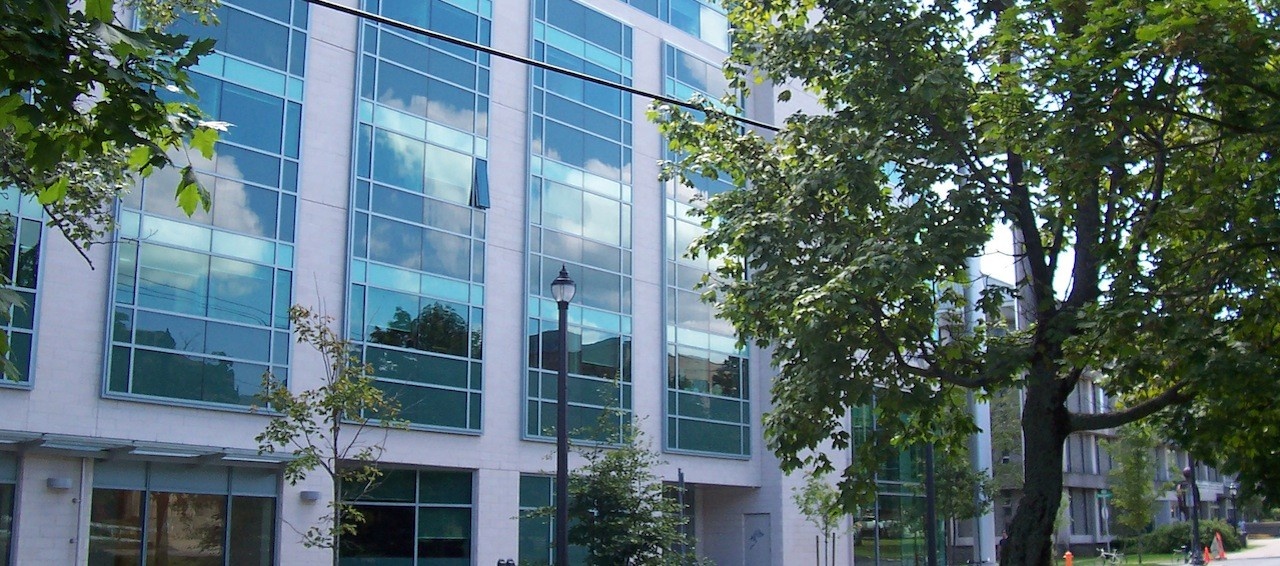Ecosystem Services
Transforming the way we make decisions about our ecosystem
Research in ecosystem services can help us solve real problems in Nova Scotia and around the world:
- Should we maintain Nova Scotia's dykelands?
- How do we get more wetland habitat on farms?
- What is the value of putting more trees in the urban forests?
- Should we do land-based or ocean-based aquaculture?
Ecosystem services research at SRES involves developing methods and gathering data to help communities assess how healthy and vital ecosystems affect human health and well-being. Using an established framework, it allows researchers around the globe to analyze and compare complex systems to better understand what decisions should be taken.
International credibility
Ecosystem services research is a growing field of environmental research and has international credibility. As a graduate student, you can join our team of researchers in cataloguing and synthesizing environmental impacts, making rigorous decisions that are relevant to the people in our communities, and influencing policy makers.
Here are just a few examples of the many ecosystem services research projects you could be involved in:
- uncovering the motivations behind farmers putting in wetlands on their farms
- determining the role that wild pollinators play in blueberry production
- discovering the cultural value communities place on their dykelands
Find out what our researchers are working on:
 |
Kate Sherren
|
 |
Peter Duinker
|
 |
Peter Tyedmers
|
